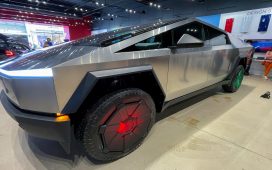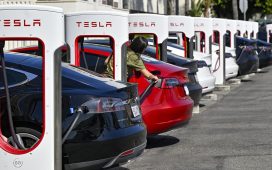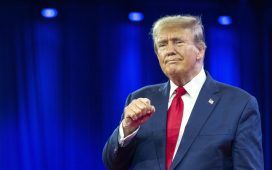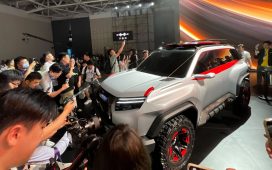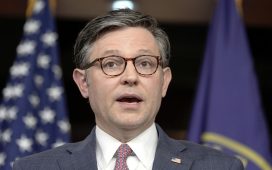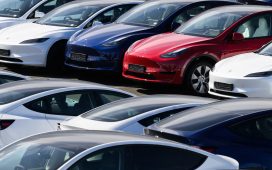Both men running for president want to see more manufacturing jobs in the U.S., but their approach to trade will likely be very different.
Biden would be more open to multilateral negotiations with partners, some analysts say, while Trump would continue his go-it-alone strategy.
“Those who produce in the U.S. for the U.S. market will fare better under both presidents,” said CAR’s Dziczek.
Analysts say Biden might bring the U.S. into the Comprehensive and Progressive Agreement for Trans-Pacific Partnership, a free-trade pact signed by Canada, Japan, Mexico and Vietnam and seven other countries. The nations crafted the pact after Trump withdrew the U.S. from the original plan to lessen member countries’ dependence on China.
For North America, Trump’s United States-Mexico-Canada Agreement — the replacement for the North American Free Trade Agreement and a major win for the administration — is supported by both candidates as well as industry stakeholders. The pact’s labor provisions and tougher rules of origin, especially for autos, could be a model for future trade agreements.
Trump’s use of tariffs on trading partners, however, has been a “chaos on cost” for automakers and suppliers, Dziczek explained.
A self-described “tariff man,” Trump has made it clear he likes to impose import duties to leverage negotiations with other countries. Michael Stumo, CEO of the bipartisan Coalition for a Prosperous America, said the tariffs protect the U.S. from foreign predation and are an incentive to build here.
